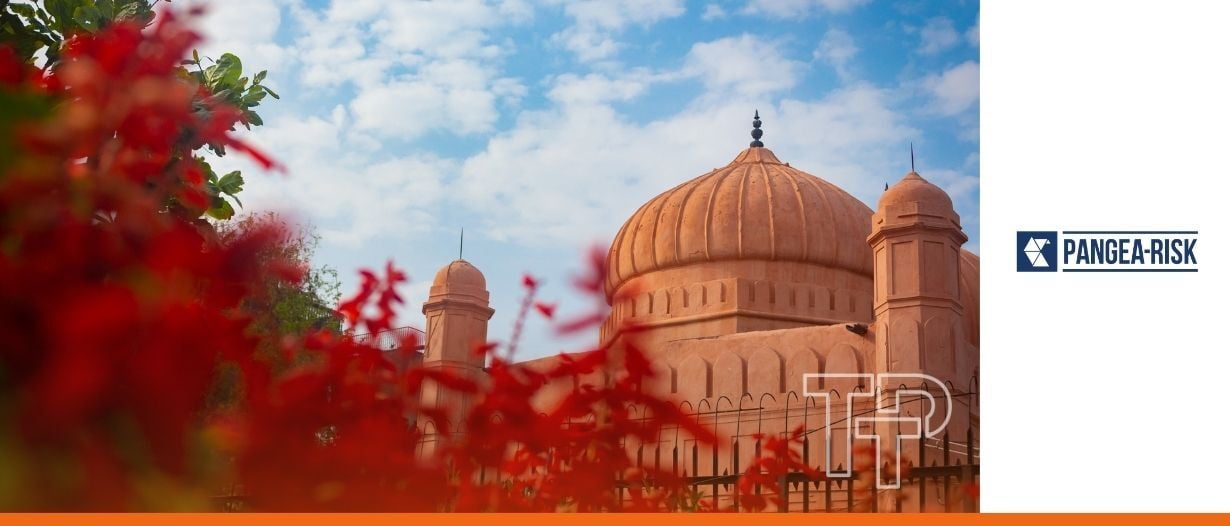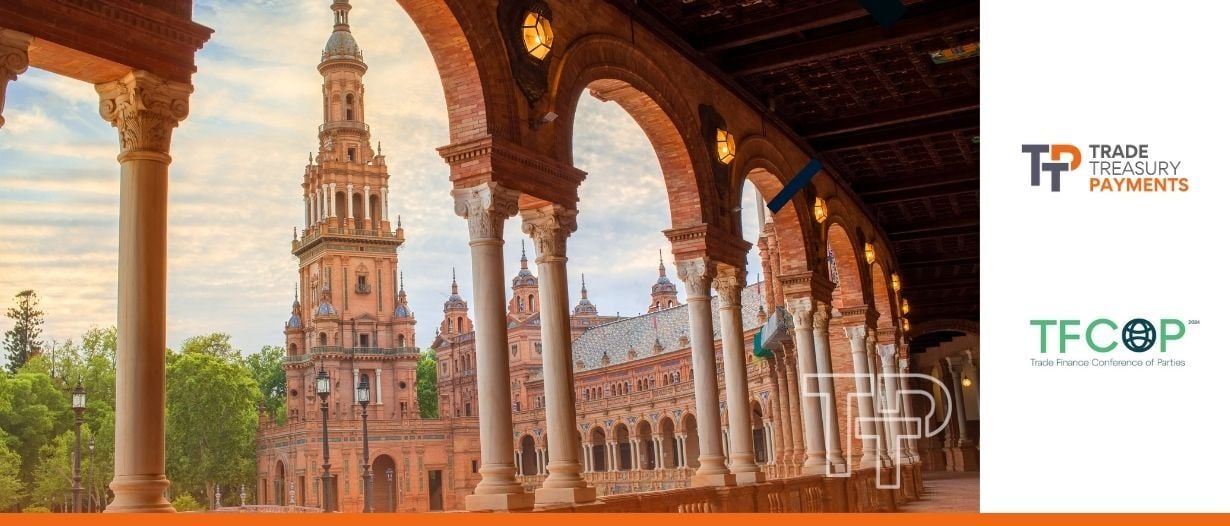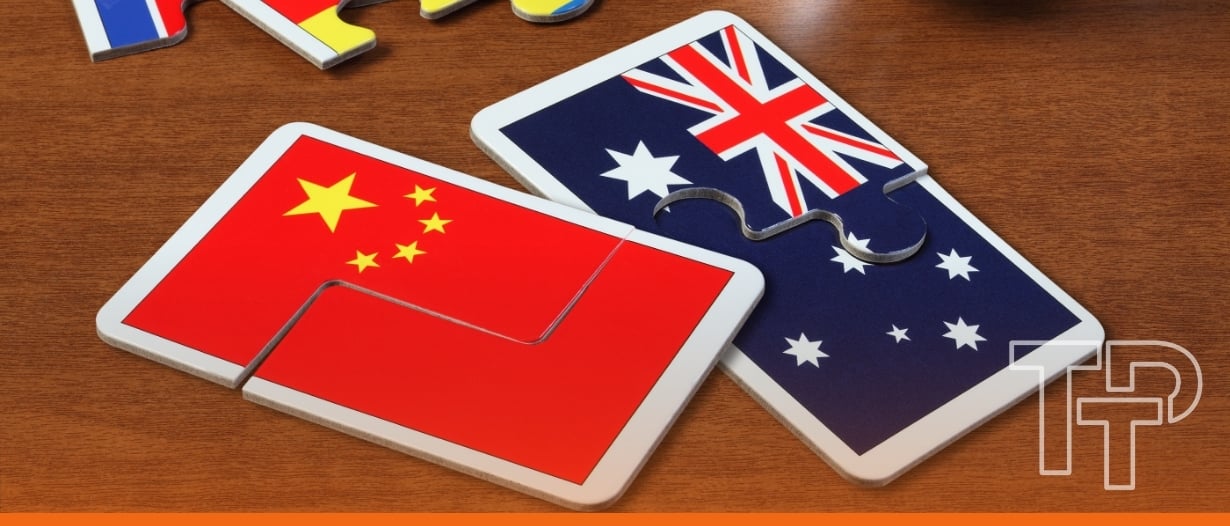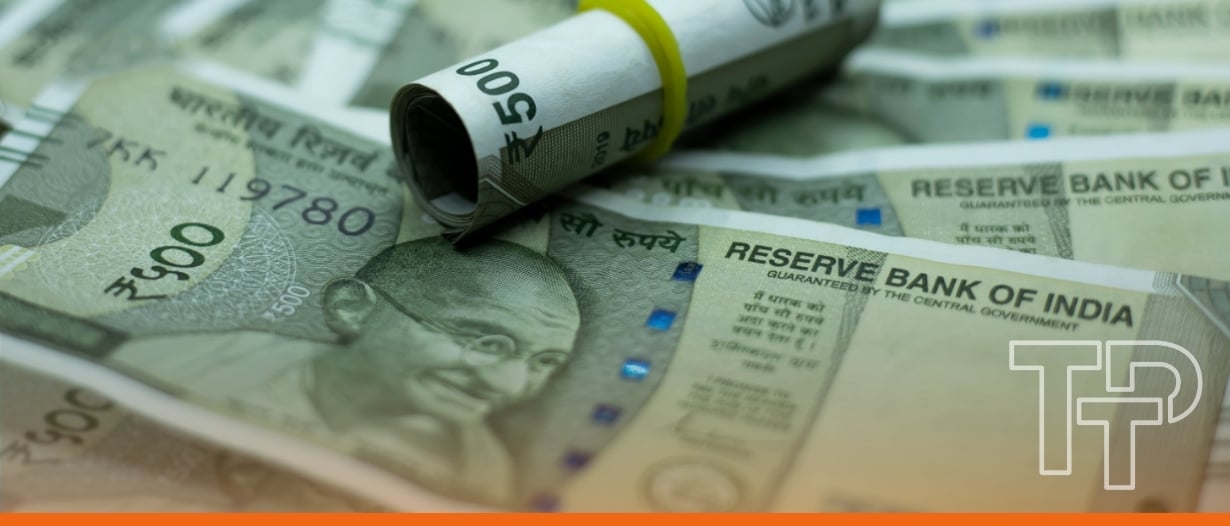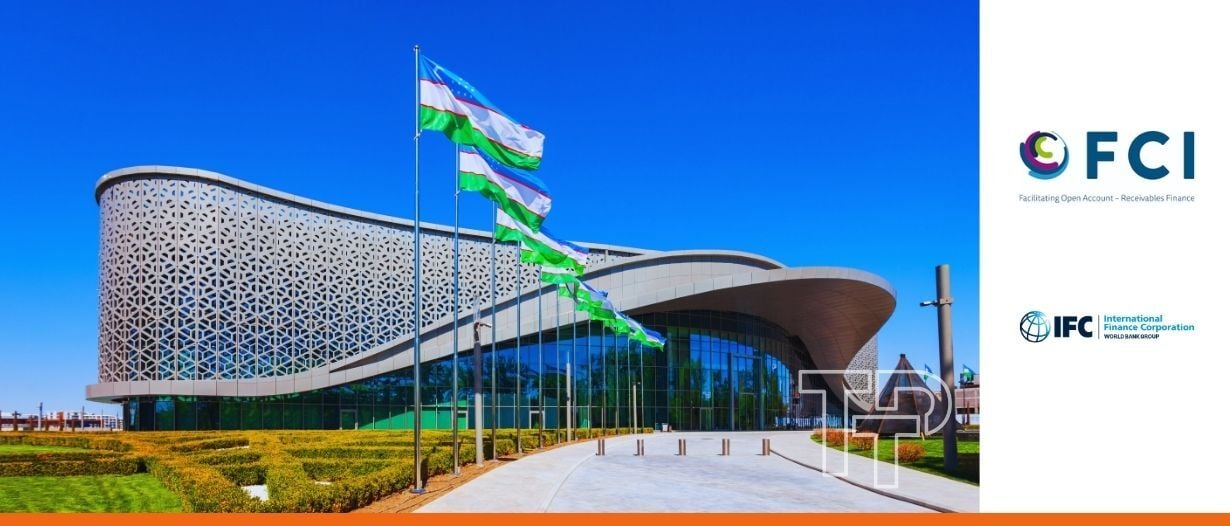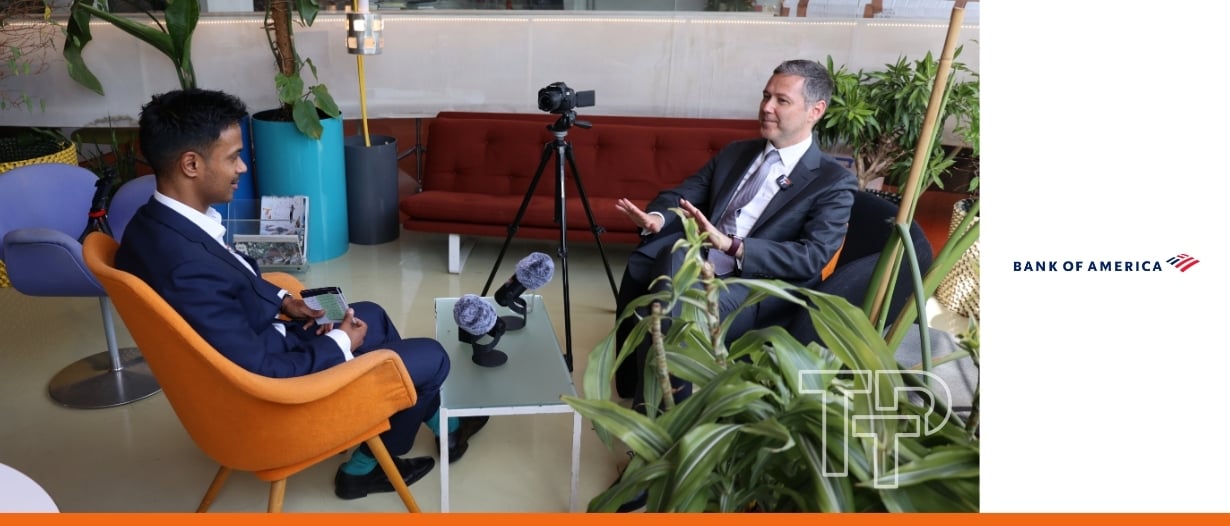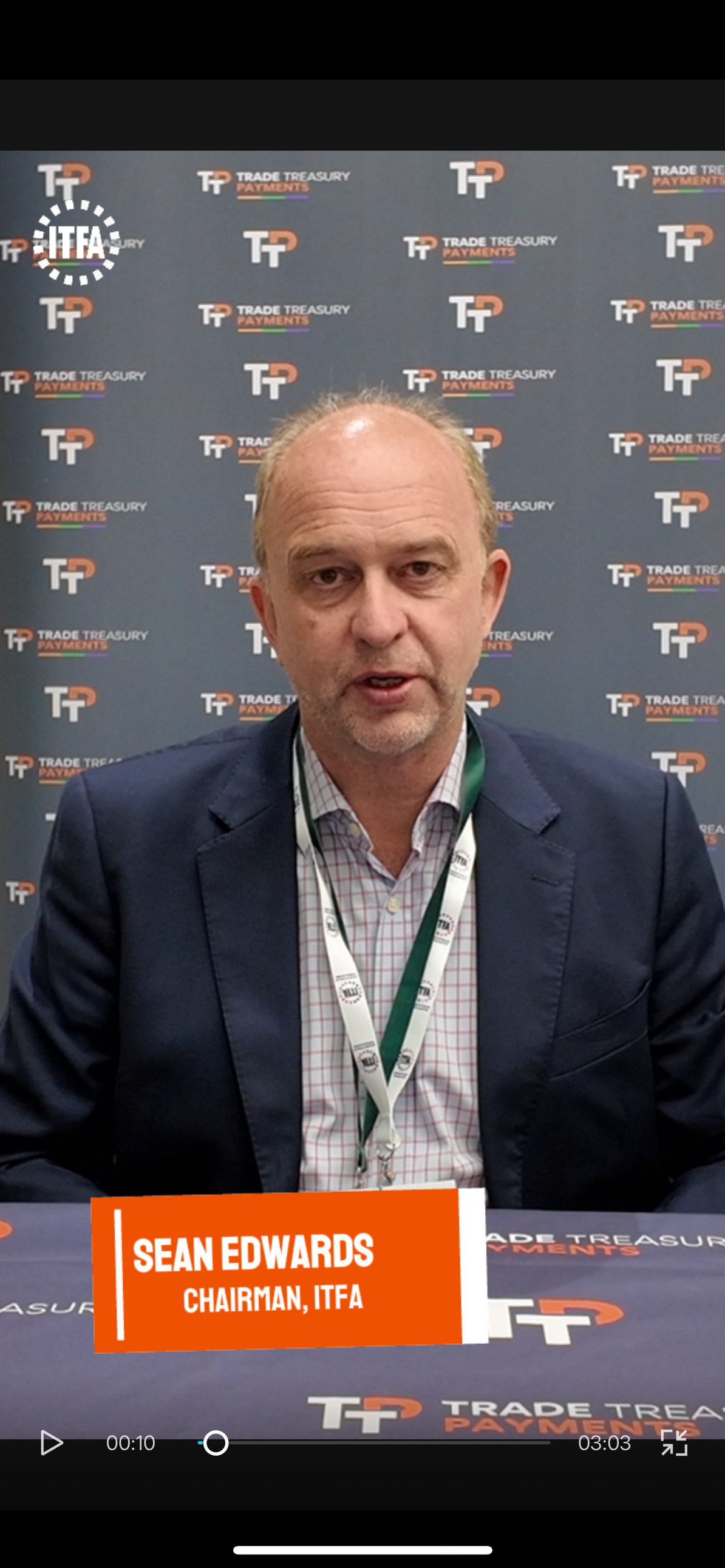- Trade Treasury Payments | The Liquidity Brief
- Posts
- Welcome to the TTP Liquidity Brief | Issue 13
Welcome to the TTP Liquidity Brief | Issue 13
Curb your Monday blues with our liquidity brief. The only newsletter in liquidity and risk management that you need to subscribe to. For the hustler, the CEO, the intern, the MD. Prepare for your week ahead, with the biggest voices, heavyweight leaders, and the meaningful conversations in trade, treasury, and payments. No spin, no bias, no gatekeeping—just honest, high-value insights.
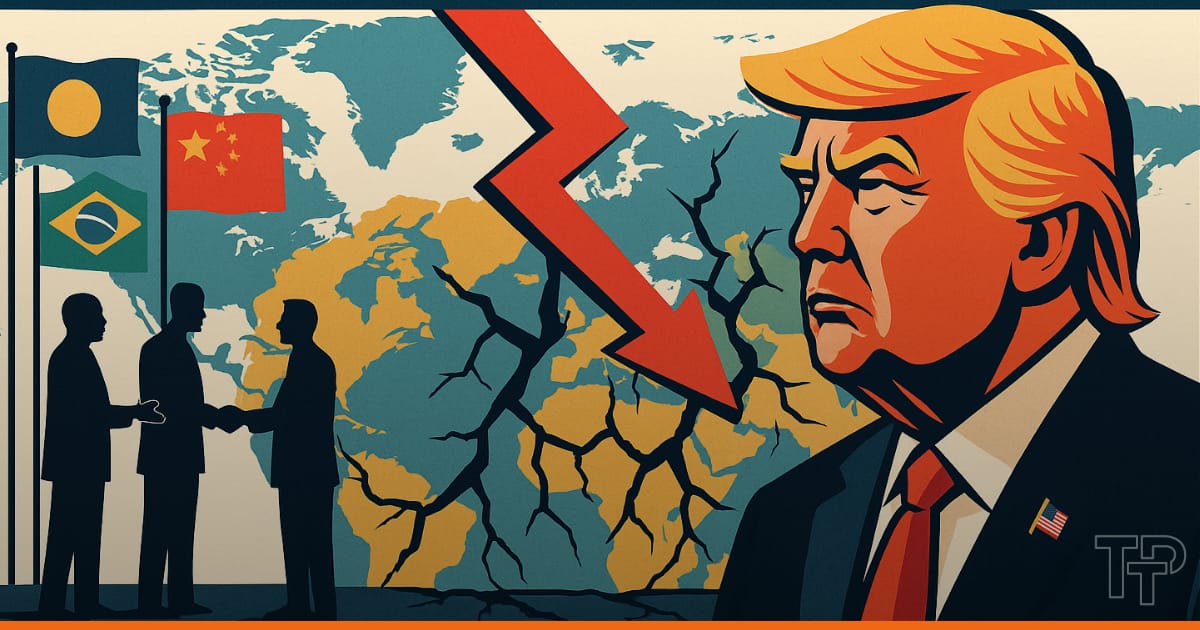
🌟 Editor's note
Editor’s Note | Week of 14 July 2025
We have an apology to make. Last week we promised a surprise. We got too excited, too quickly. It’s coming, this week!
As summer politics heat up, trade policy is back on the front lines.
This week, we lead with an exclusive special report (in partnership with Pangea-Risk) on the escalating impact of President Trump’s reciprocal tariff programme, ahead of the new 1 August deadline. While a few big players have scrambled for last-minute deals, most emerging and frontier markets face a deafening silence, and the threat of 25–50% tariffs that could ripple through supply chains, export revenues, and strategic sectors from critical minerals to semiconductors.
As we write, letters from the USTR are circulating, allies are being targeted, and smaller economies are being sidelined, with major implications for market access, currency stability, and bilateral diplomacy. There’s a new trade order being carved out, and it’s transactional, fragmented, and fast-moving.
Elsewhere this week:
From Singapore to Morocco, cross-border payment systems and fraud detection are being upgraded
From Rio to TReDS, receivables finance continues its pivot to scale, transparency, and tech
And from London to Sevilla, our editorial team is showing up where the conversations are, on dual-use goods, debt workouts, and digital trade infrastructure
We also joined the newly launched TF COP Task Force in Seville this week, working alongside global institutions to tackle the trade finance gap. It’s fitting that this was held in parallel to the UN’s Fourth Conference on Financing for Development (FFD4), a reminder that trade finance isn’t just a liquidity tool, but a lever for inclusive, sustainable development.
We hope to see all 102 of you at our Supply Chain Finance Breakfast Club in London this week!
Until next week — keep challenging.
— The Editors
Skip to your favourite part
Slow read
In partnership with Pangea Risk.
As the newly announced 1 August deadline for Trump’s reciprocal tariff regime approaches, uncertainty looms for global trade. While some major economies have secured partial deals, many emerging markets face escalating tariffs with little recourse. This special report examines the ripple effects across supply chains, strategic sectors, and commodity diplomacy. From shifting trade alliances to critical minerals as bargaining tools, this special report explores how governments and businesses must recalibrate strategies to navigate a fragmented, transactional, and increasingly volatile trade environment.
On 9 July, the 90-day grace period granted under US President Donald Trump’s new reciprocal tariff regime was set to expire. Originally framed as a window for bilateral trade negotiations following President Trump’s so-called “Liberation Day” speech on 2 April, the deadline has arrived with limited concrete outcomes. While the extension of the tariff deadline to 1 August is welcome, progress on trade negotiations remains limited. Aside from a moderate agreement with the United Kingdom (UK), a partial US-China tariff reset, and a deal with Vietnam announced on social media, most talks are either symbolic or incomplete. Social media posts from the US administration on 7 July capture letters threatening 25 percent tariffs targeting allies like Japan and South Korea, while 12 others face revised rates despite ongoing efforts to reach new agreements. Although larger economies like India and the European Union (EU) have received some White House attention, many smaller markets remain without a formal response from the US Trade Representative (USTR), despite their readiness to engage.
For many emerging and frontier markets, particularly across Africa and Asia, the unpredictability of the US approach is prompting a recalibration of longstanding trade rules. Supply chains are being rerouted, trade alliances reconsidered, and commodity-based diplomacy is taking on new urgency as governments and firms seek to preserve access, competitiveness, and fiscal stability amid rising external pressures. For those navigating these fault lines, success will increasingly depend on the ability to adapt commercial strategies to a new global trade environment.
PANGEA-RISK examines this evolving landscape, highlighting the risks to specific regions including Africa and Asia, alongside the opportunities that lie in targeted sectoral deals, enhanced regional integration, and renewed engagement with alternative trade partners for emerging markets.
The US reciprocal tariff programme
President Trump’s reciprocal tariff programme, proposed in April 2025, aims to recalibrate global trade by imposing tariffs on countries that the US deems to have unfair trade advantages. The policy introduces a baseline 10 percent tariff on most imports, with higher rates ranging from 20 to over 50 percent targeted at specific countries or sectors based on perceived trade imbalances or strategic concerns. The policy departs from traditional trade norms by basing tariffs on bilateral trade deficits rather than existing bilateral or multilateral trade agreements, creating significant market access volatility
Asian economies, for example, now face disrupted supply chains and risks to employment and exports as a result of the programme. In the latest revised tariffs announced on 7 July, the US plans to impose a 40 percent tariff on goods from Myanmar and Laos, 36 percent on Thailand and Cambodia, 35 percent on Bangladesh, 32 percent on Indonesia, and 25 percent on Malaysia. Meanwhile, several African countries, especially southern markets like South Africa, Lesotho, Mauritius, and Madagascar, are vulnerable to fiscal strain and job losses as a result. South Africa was among the 14 countries to receive new tariff rates on 7 July, facing a 30 percent duty, alongside Tunisia, which faces a 25 percent rate.

Photos of the week

The European trade finance community gathers on the London rooftops, at ITFA's summer party!
Trade digest
Treasury digest
Payments digest
🗓️ Upcoming events
Featured events by TTP
Partner events
ITFA Week
| ITFA Annual Conference
|
ADB Annual Awards and Dinner
| SME Finance Forum
|
Sibos
| TTP Boat Cruise at Sibos
|
Multimedia from Trade Treasury Payments
Videos
Podcasts
Reels
🏆 GAP of the Week: Anton Posner

🗓️ Daily Mission:
The daily struggle to control the day instead of letting the day control me!
Try to occasionally saying NO to taking in new voluntary roles!
Remember to feed my dog Skyler before she reminds me.
🤳Behind the scenes:
I love to travel and thankfully my career has allowed me to travel extensively.
When I have time I enjoy cooking, grilling and trying new foods that I have never made before. Anything that makes my family smile. My daughters love when I grill steak – simple and perfect!
I am a news junkie and read everything I can on trade, commodities, current affairs and business news. If you follow me on LinkedIn you will see that every chance I get I am reading and posting something about global trade.
🪷 Life Mantras
Family is first!
Your reputation is everything and it is your brand. Treat it as the precious asset it is!
You have one life – don’t wait too long to live life.
📋 Hidden facts:
I used to play golf often but I now I just can’t see how anyone can get stuck on a golf course for five hours.
I was an officer in the US Navy Reserve and my crowning achievement was making questions for the training game Merchant Marine Trivia. My business partner Margo never lets me forget this is how I defended my country!
And while we are on the topic of the US Navy, if you ever wondered if eating a poppy seed bagel can actually make you fail a drug test I am here to tell you that is a big YES! More to that story!
🏆 Company Spotlight: Done Partners

Done Partners — Reshaping SME trade finance in Eastern Europe
Done Partners helps SMEs across Eastern Europe buy, move, and store goods, financing up to 70% of the purchase cost, managing logistics, and offering flexible stock drawdown.
Impact
A member of ITFA’s DNI Initiative, Done uses blockchain-backed, MLETR-compliant e-promissory notes and bills of exchange to finance transactions, reducing friction, boosting transparency, and unlocking working capital for underserved SMEs.
$194 million in turnover and growing
With over 300 SME clients and 1,300+ suppliers, Done’s integrated model is closing the financing gap — one digital trade at a time.
Did You Know? 🌍 20 of the 57 reciprocal US tariff notices issued in April 2025 targeted African economies — despite many having low trade volumes with the US.
Till next time,
